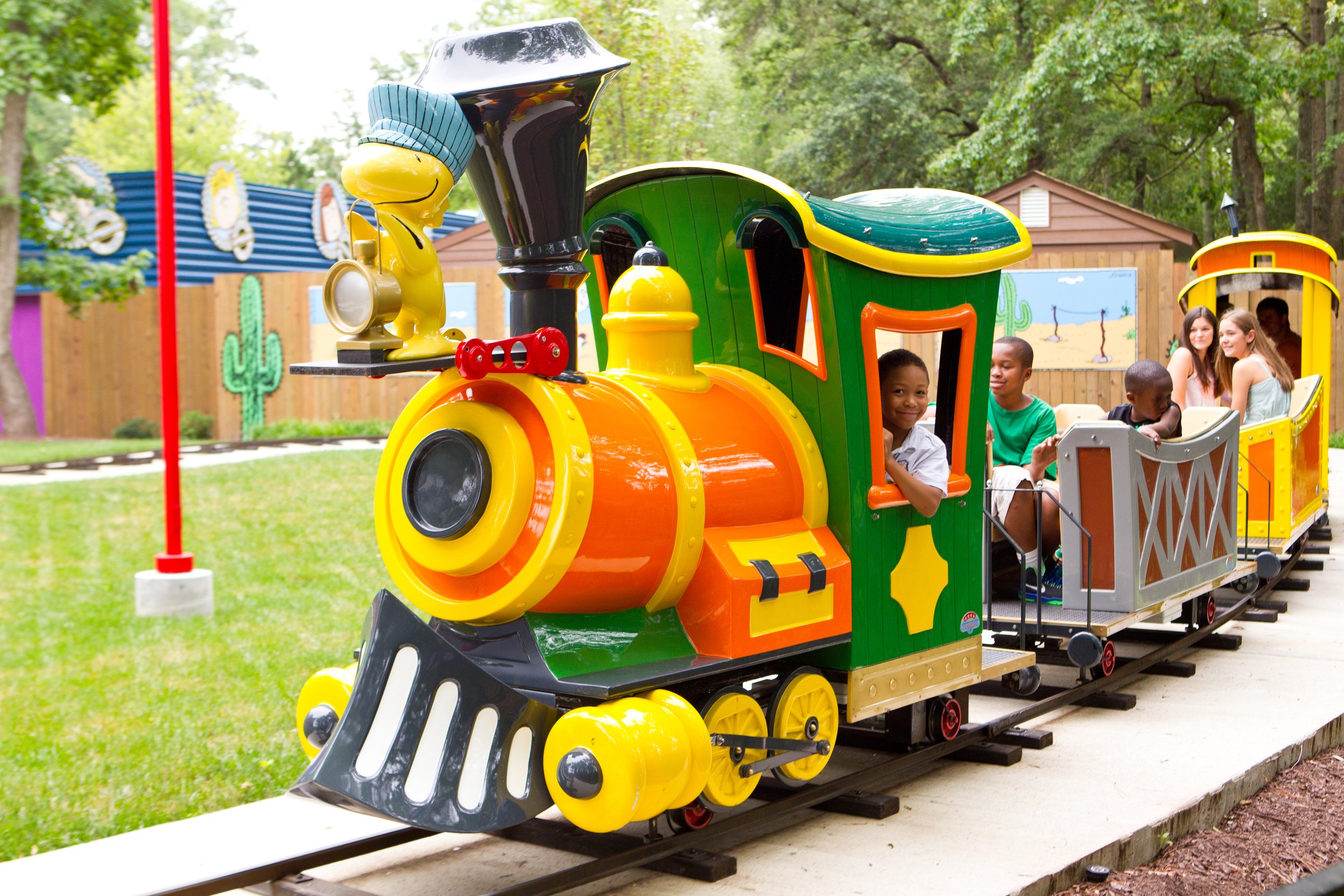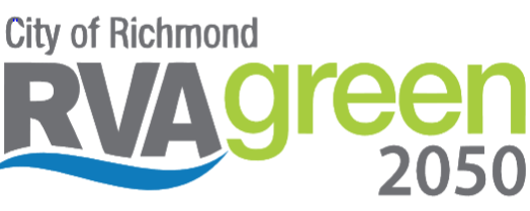
Community
Create an equitable and resilient Richmond while honoring and ensuring focus on community priorities.
As described in the Climate Equity section, climate change is impacting some members of our community more than others based on a number of factors, many of which stem from historical and persisting legacies of discriminatory policies and practices. Although the 2030 Action Plan will not resolve these complex and colossal issues; it is important to ensure that no additional harm is done and that the City and community work together to center equity and community priorities in the implementation of this Action Plan.
The RVAgreen 2050 planning process timeline overlapped with a critical period in Richmond’s history and reckoning for equity - particularly racial equity. The strategies and actions in this Pathway seek to continue that work along with reducing the community’s greenhouse gas emissions and enhancing resilience to climate impacts by ensuring that historically disinvested communities most affected by local climate impacts are centered and involved in developing, implementing, and evaluating solutions and that the Richmond community’s social resilience to climate change increases.
Accomplishing these strategies will create co-benefits including developing pathways to green jobs, enhancing the climate readiness of affordable housing, protecting human health, and enhancing community cohesiveness for a more resilient Richmond.
The Richmond Equity Agenda proposed by Mayor Stoney and adopted by City Council in the summer of 2021 provides a foundation for implementing the strategies and actions in this Pathway. It establishes the City’s definition of equity and underscores that racial equity in particular will improve the quality of life for all residents. It also specifically calls out implementation of the RVAgreen 2050 initiative as one of the priorities for achieving equity and justice in access to resources and opportunities.
Also launched in 2021, the Richmond Racial Equity Essays project, is a collection of essays, interviews, podcasts, and other media featuring voices of Richmonders from all backgrounds and walks of life exploring what an equitable Richmond looks like. Many participants in the project were also RVAgreen 2050 stakeholders, and several solutions for a more equitable Richmond are connected to RVAgreen 2050, the environment and climate change.
Community Objectives and Strategies
C-1: Ensure that historically disinvested communities that are most affected by local climate impacts are centered and involved in the processes of developing, implementing, and evaluating solutions as a result of equitable communication and engagement strategies.
C-1.1: Climate-Ready Affordable Housing: Climate-Ready Affordable Housing: Develop and implement climate mitigation and resilience requirements for the Affordable Housing Trust Fund.
C-1.2: Sustainable Employment Practices: Develop incentives for employers to facilitate greenhouse gas-reducing activities among employees.
C-1.3: Climate Action and Resilience Information Navigator: Help small businesses, homeowners, and renters navigate programs and incentives for reducing emissions and increasing climate resilience.
C-1.4: Community Benefits Scorecard and Agreements: Develop tools with frontline communities to evaluate City development projects and ensure they address community priorities for climate action and resilience, and encourage use by private developers as well.
C-1.5: Community Partnerships Program: Develop a climate action and resilience neighborhood partnerships program.
C-2: Increase the Richmond community’s social resilience to climate change.
C-2.1: Climate-Ready Community Fund: Establish a Climate-Ready Community grant program to provide funding to neighborhood-focused organizations to work with residents on climate action and resilience projects.
C-2.2: Community Compensation: Establish a policy and structure for paying community members for their time.
C-2.3: Organizational Collaboration: Partner with community leaders, organizations, and businesses to build community capacity for climate resilience.
C-2.4: Resilience Hubs: Create neighborhood resilience hubs in frontline communities.







